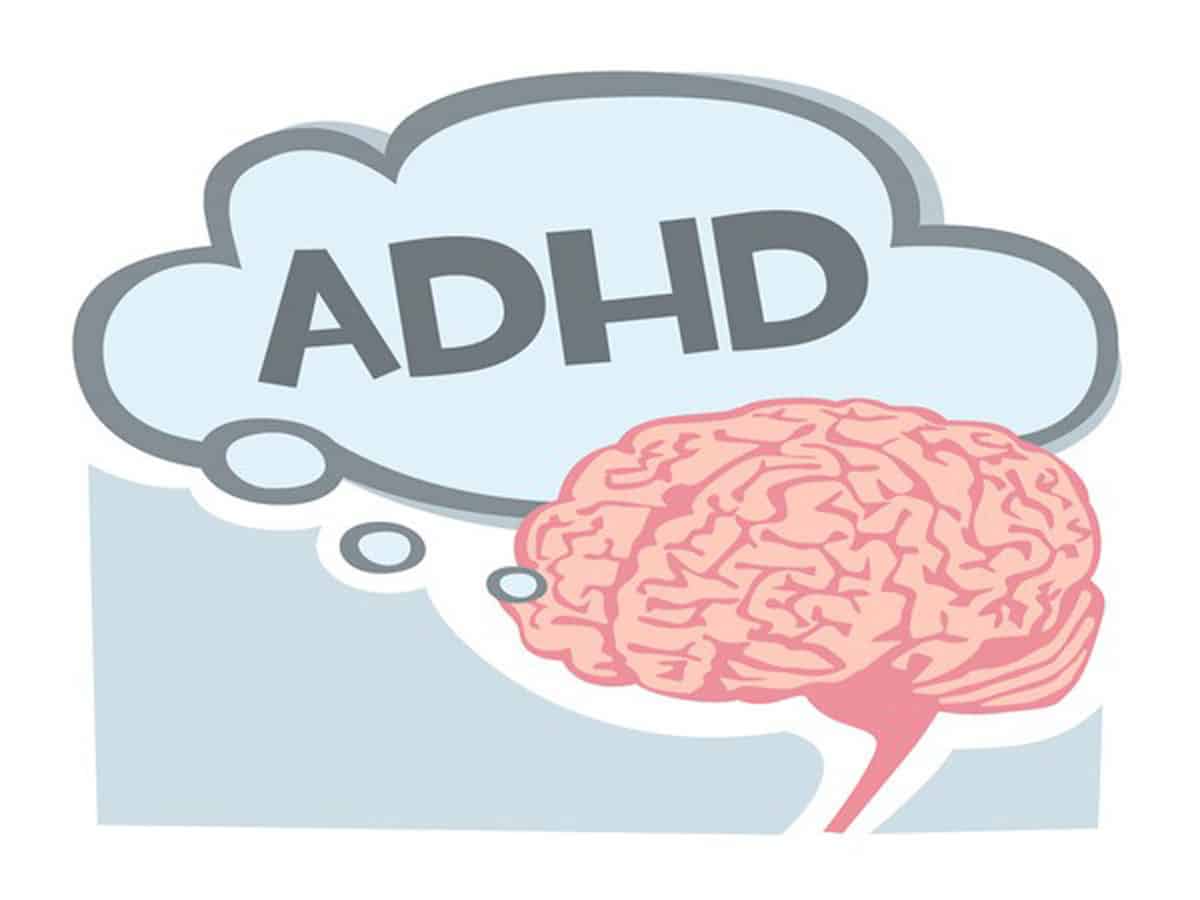Washington: A new study has revealed that teenagers who have previously suffered from attention-deficit/hyperactivity disorder (ADHD) are more susceptible to the dangers of sexually-transmitted infections (STIs), mental health conditions, and car accidents.
Researchers from Children’s Hospital of Philadelphia (CHOP) found that although doctors generally discuss depression, substance abuse, and suicide risk with patients who have a history of ADHD, they rarely discuss safe driving with them and most of the time they do not monitor patients for risky sexual behavior.
The findings, published in the Journal of Developmental and Behavioral Pediatrics, represent the first study to examine the clinical practices of primary care clinicians as children with ADHD advance through adolescence.
Although between 30 per cent and 60 per cent of children diagnosed with ADHD no longer meet full criteria for the disorder by late adolescence, those diagnosed before age 10 are at an increased risk for a variety of behavioral and medical concerns throughout adolescence.
Yet of the 262 patients with a history of ADHD studied, the CHOP team found driving readiness was discussed in only two instances, and sexual health risks were discussed with only 47 per cent of youth.
Thomas Power, a senior author said, “These findings identify opportunities to improve the care of adolescents with a history of ADHD. Although doctors do a good job screening for many behavioral health risks, like suicide risk and depression, we need to be more aware of the dangers associated with driving and sexual health. For example, our previous research shows teens with ADHD are more likely to be involved in a car accident particularly in the first month after receiving their driver’s license, so this is definitely an issue that should be discussed with our patients.”
Medication abuse, specifically the unlawful sharing of medication among youth, is another major area of concern for adolescent patients on medication for ADHD, yet the study found doctors rarely discussed this risk with these patients.
“We have found that clinicians are more skilled in addressing ADHD in childhood than in adolescence. Additional resources and training are needed so we can ensure primary care clinicians are providing the best care for patients with ADHD as they develop through their teenage years,” Power added.

